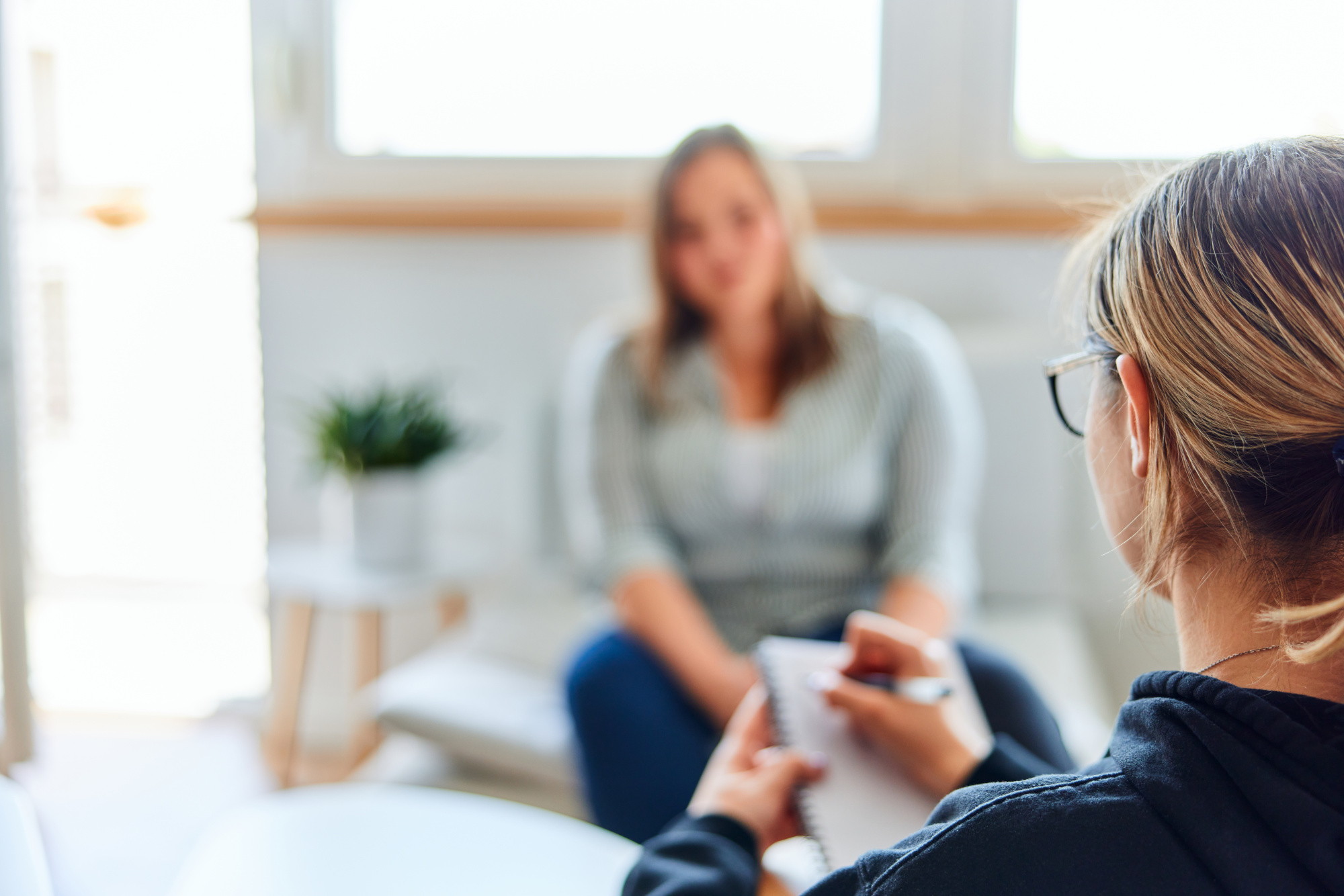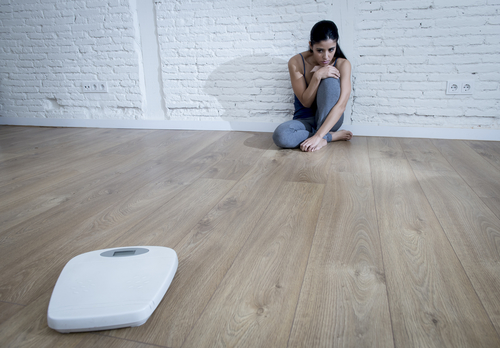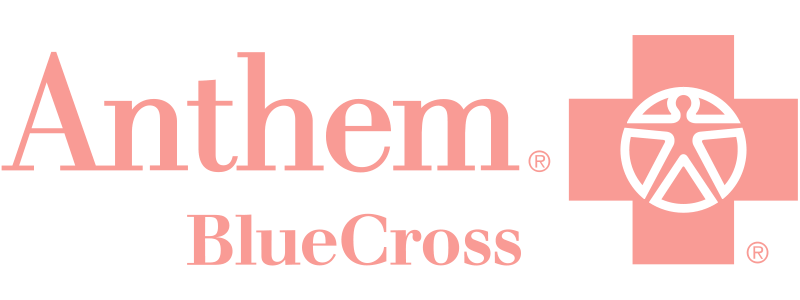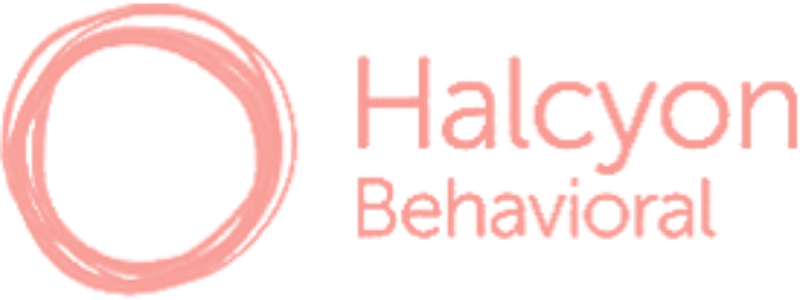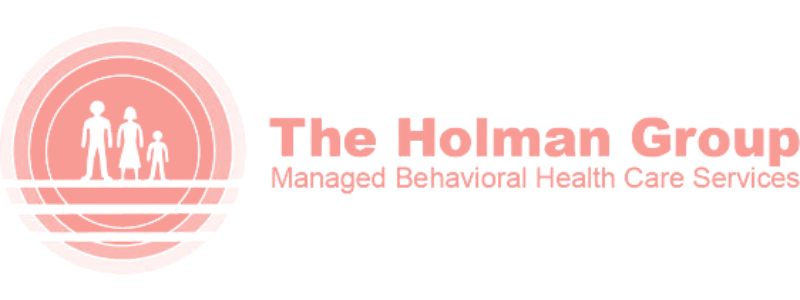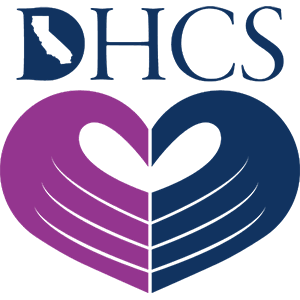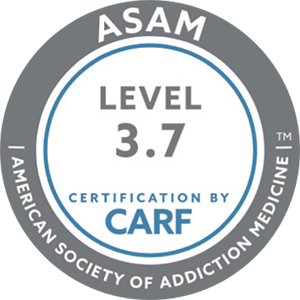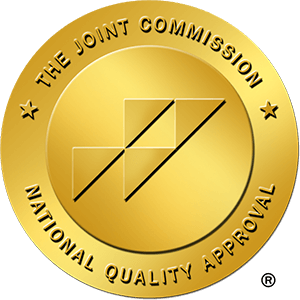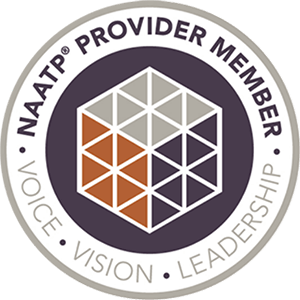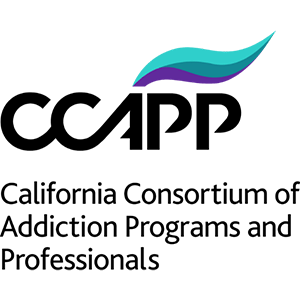This month is Minority Mental Health Awareness Month and so we turn our attention to those minorities with mental health issues – minorities who have a different experience within the system than others. This article turns its focus onto African American females and how they fare in the mental healthcare system.
Approximately 7.5 million African Americans have a diagnosed mental illness, and up to 7.5 million more may be affected but are undiagnosed. Women may be over-represented in these populations given the reported 2:1 gender ratio of depression. Additionally, negative socio-political experiences including racism, discrimination, and sexism put African American women at risk for low-income jobs, multiple role strain, and health problems, all of which are associated with the onset of mental illness. Older African American women may be at particularly high risk for developing a mental illness due to disability from chronic medical conditions, caregiver strain, social isolation, bereavement, exposure to traumatic events (elder abuse, violence, living in high crime neighborhoods), and poor access to health care.
While minority mental health awareness month should increase the support needed, it is interesting to note that even though African American women are burdened by mental illness, their use of mental health services is low and that’s down to stigmas. In an early study, Silva de Crane and Spielberger found that African Americans perceived people who were hospitalized for mental illness as different and inferior to normal people and believed these patients should be restricted to protect society. By the 1990’s, a public opinion poll showed that 63% of African Americans believed depression was a personal weakness, and only 31% believed depression was a health problem. More recently, Thompson-Sanders et al. found that mental illness in the African American community was associated with shame and embarrassment, and both the affected individual and the family hid the illness. Ultimately, this means that stigmas continue to be a pervasive problem in the African American community.
Minority Mental Health Awareness Month and Stigmas
So where do these stigmas come from? One hypothesis posits that African American girls, from as young as the age of five, are perceived as more adult and thus don’t need to be comforted or supported as much as their peers. This in turn, as they grow up, leads to a resilience – but one tempered with faith, friends, family and other social support systems during times of distress. The sad irony means that around only a quarter of African Americans seek mental health treatment when they are in crisis despite the fact that African American adults are 20% more likely than other groups to report serious psychological distress as adults.
According to a report by the National Survey on Drug Use and Health among those aged 12 or older in need of substance use treatment, African Americans were more likely than persons from other racial and ethnic groups to receive specialty treatment. An estimated 403,000 African Americans (15.2 percent) and 2.0 million persons from other racial and ethnic groups (9.6 percent) needed and received specialty treatment for illicit drug or alcohol use. Among those in need of alcohol treatment, African Americans were more likely than persons from other racial and ethnic groups to receive specialty treatment for alcohol use (13.5 vs. 7.6 percent). Similarly, among those in need of illicit drug use treatment, African Americans were more likely than persons from other racial and ethnic groups to receive specialty treatment for illicit drug use (21.3 vs. 17.3 percent).
Blacks who were 12 to 17 or 18 to 25 years of age were less likely than persons in the same age groups from other racial and ethnic groups to need special treatment. Compared with their counterparts in other racial and ethnic groups, African Americans aged 26 or older were more likely to need special treatment and were more likely to receive it. African American females were less likely than females of other racial and ethnic groups to be in need of treatment (5.4 vs. 6.5 percent).
A report at the US National Library of Medicine at the National Institute of Health says African American women believed that mental illness is caused by several factors, including family-related stress and social stress due to racism, is cyclical, and has serious consequences but can be controlled by treatment.
African American women’s use of mental health services also may be influenced by barriers, including access (inaccessible location, transportation problems, lack of health insurance, and poverty), availability of services (few opportunities for group counseling and in-home services), social issues (lack of childcare), poor quality of care (limited access to culturally competent clinicians and case management), and cultural matching (few opportunities to work with racial and ethnic minority clinicians).
A new study published in the May 2018 issue of Preventive Medicine shows that African Americans (and Latinos) are significantly more likely to experience serious depression than Whites. According to the National Institute of Health, chronic stress during adulthood may be an important factor in depression. This effect may be worse among racial and ethnic minorities due to the stress experienced from social and economic inequalities, but the relationships between race/ethnicity, stress, behavior, and depression are not well understood.
At the end of the day, African-Americans are in greater need for illicit drug use treatment than individuals from other racial and ethnic groups. Among those who needed treatment for illicit drug or alcohol use in the past year, Having said that, African Americans with a substance use problem are more likely to recognize their need for treatment and more likely to make an effort to receive specialty treatment.

